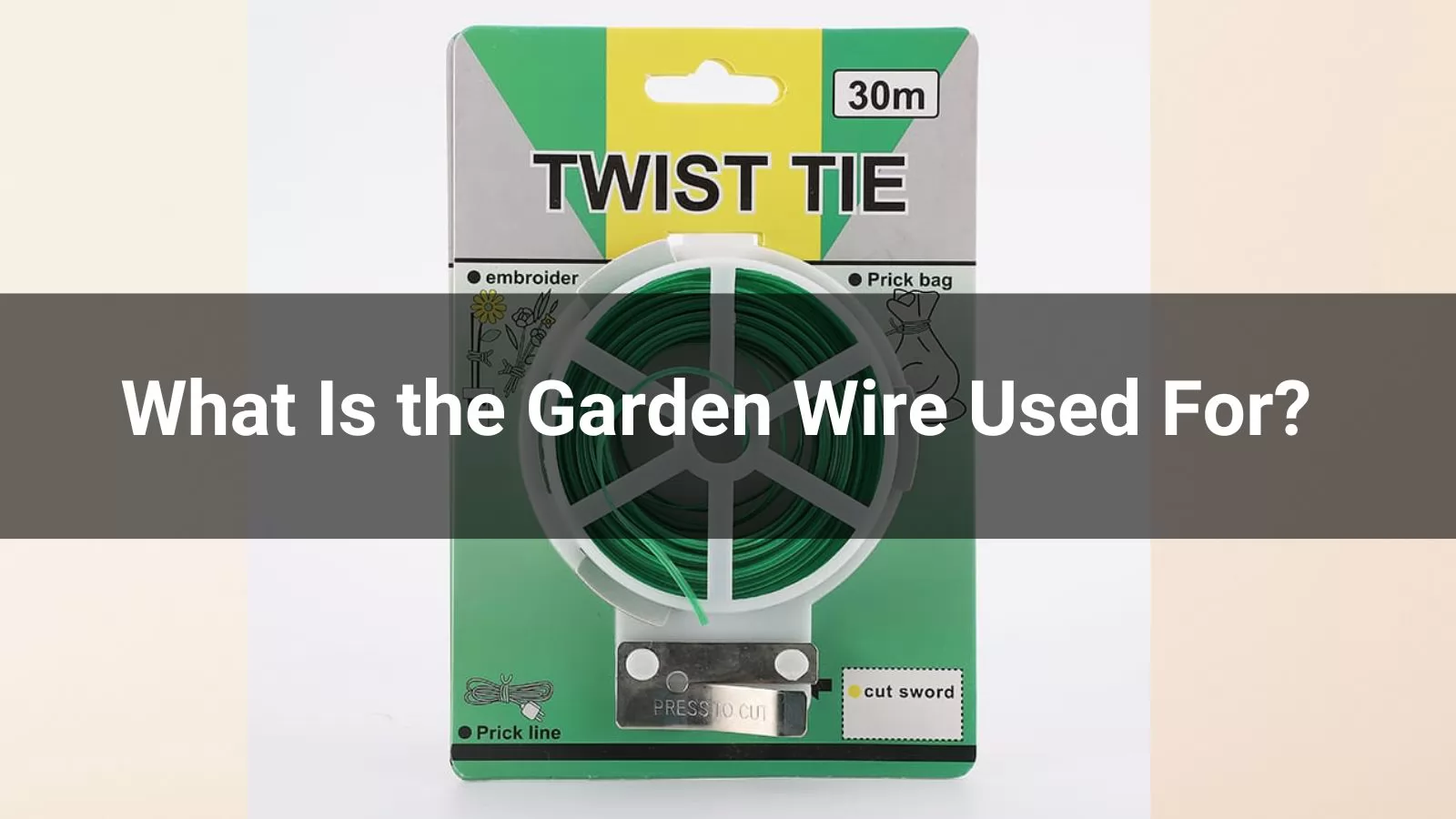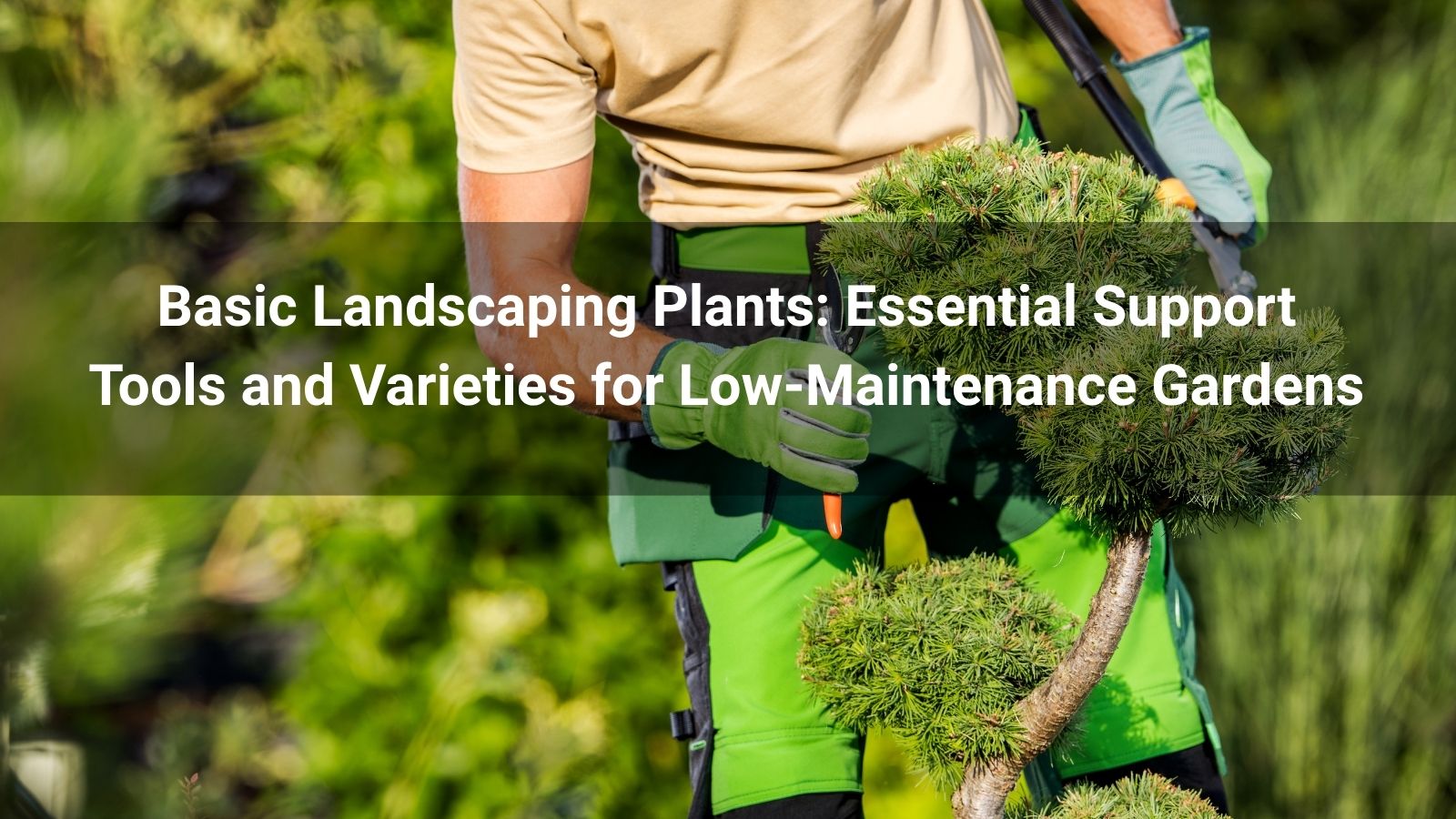
Garden wire is an essential tool in every gardener’s toolkit, serving various purposes from plant support to securing garden structures. Whether you're growing climbing plants, creating garden trellises, or simply securing plants during stormy weather, garden wire can provide the flexibility and durability you need. In this guide, we will explore what garden wire is, its various uses, benefits, and some tips for choosing the right wire for your gardening projects.
Garden wire is a flexible yet durable wire designed specifically for use in gardens and outdoor environments. Made from materials such as galvanized steel, PVC-coated steel, or aluminum, garden wire is resistant to rust and weather damage, ensuring longevity even in the harshest outdoor conditions. Available in a range of thicknesses, lengths, and coatings, garden wire is versatile and can be adapted to meet various needs in the garden.
One of the most common uses for garden wire is providing support for plants. Whether you’re dealing with climbing plants like tomatoes, peas, or ivy, or tall plants that require stabilization, garden wire helps keep plants upright and organized. Garden wire can be used to create trellises, stakes, or plant cages, which can hold vines and stems in place, allowing plants to grow vertically and maximize space.
Garden wire is perfect for training climbing plants to grow along fences, walls, or trellises. By threading the wire through loops or hooks, you can guide the stems in the desired direction, creating a neat and aesthetic display of greenery.
Garden wire is also used to secure various structures in the garden, such as netting, fencing, and wire cages. It can be used to attach garden netting to frames or fences, keeping pests away from crops and providing support for plants.
Garden wire can be used in a creative way to make decorative elements in the garden. You can use it to form shapes, sculptures, or even DIY plant supports that blend seamlessly with your garden's aesthetic.
If you have damaged garden structures, such as broken fences, collapsed plant supports, or cracked planters, garden wire can provide a temporary or permanent fix. It can be wrapped around broken parts to stabilize them until you can replace or repair the structure.
Garden wire can be used to bundle multiple plants together, especially in areas where plants might grow too closely together or interfere with each other. It’s also useful when you need to secure plant stems to one another or to a supporting structure.
When selecting garden wire, there are several important factors to consider to ensure you choose the right type for your needs. The material of the wire plays a crucial role in determining its durability and suitability for different tasks. Galvanized steel is rust-resistant and highly durable, making it ideal for outdoor use, particularly for supporting heavier plants or building robust garden structures. PVC-coated wire provides an extra layer of protection against rust and is gentler on plants due to its softer coating, making it a good choice for delicate plants or areas where the wire may come into contact with plant stems. Aluminum wire is lightweight and easy to handle, which makes it perfect for smaller plants or temporary installations, though it’s not as strong or long-lasting as steel.
The thickness of the wire is another key consideration. Thinner wire is suitable for lighter tasks, such as supporting delicate plants or securing temporary structures, whereas thicker wire offers the strength needed for heavy-duty applications, like stabilizing large plants or building more permanent garden features. Lastly, the length of garden wire should be chosen based on the scale of your gardening projects. While shorter lengths may suffice for smaller tasks, longer rolls are more cost-effective for larger gardens or when you need to complete multiple projects, ensuring you have enough wire on hand without frequent replacements.
Avoid Tying Plants Too Tight: When securing plants with wire, ensure that it’s not too tight, as this could restrict their growth or damage the stems. Leave enough slack to allow the plant to grow freely.
Regular Checks: Over time, garden wire may loosen or corrode. Be sure to check your plant supports regularly and re-secure or replace any damaged sections.
Use Garden Wire for Temporary Fixes: Garden wire can be used to temporarily fix or support plants and structures. However, for long-term use, consider more permanent solutions like wooden stakes or metal supports.
Keep Wire Out of Reach of Pets: If you have pets that roam your garden, ensure they don't chew on or get tangled in the wire. You can hide it behind other plants or secure it out of reach.
Garden wire is a versatile and invaluable tool for every gardener. Whether you're growing climbing plants, securing structures, or creating decorative garden features, it can provide the support and flexibility you need. By understanding its various uses and benefits, you can incorporate garden wire into your gardening projects and enjoy a well-supported, thriving garden
Contact us now for quotes or inquiries, and let Linkwin be your trusted partner in gardening solutions!











We use cookies to make the website work, to provide advanced features, social media and traffic analysis, and we use analytics and third-party advertising cookies. If you choose to click "Deny All", you will retain the default setting of not allowing the use of cookies or other tracking tools other than technical tools.



